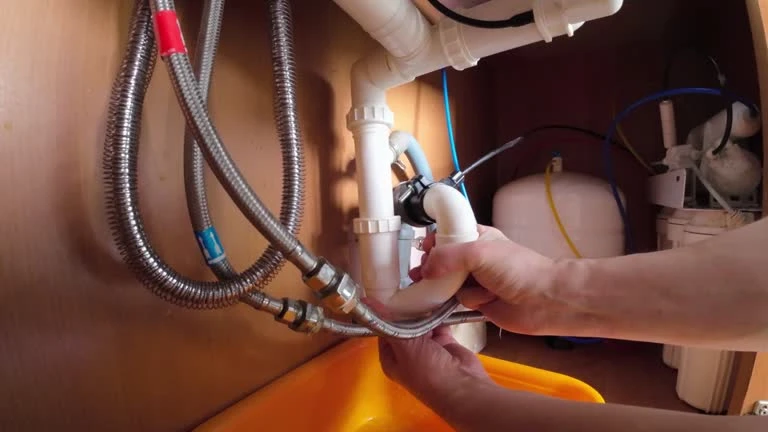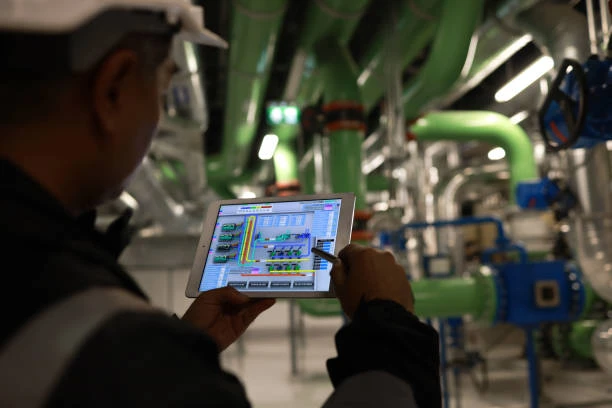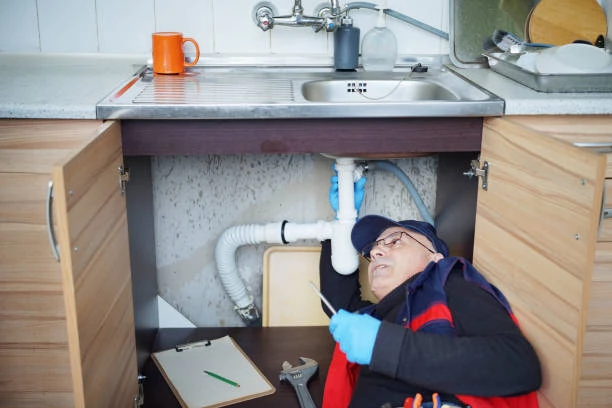Introduction: The Importance of Corrosion Resistance in PPH Pipe
Polypropylene Homopolymer (PPH) pipes are increasingly popular for use in various industrial, commercial, and residential applications due to their excellent corrosion resistance. This characteristic makes PPH pipes an ideal solution for systems exposed to harsh chemicals, abrasive environments, and moisture. In industries where metal pipes would typically corrode or degrade over time, PPH pipe offers a reliable and long-lasting alternative. This article explores the corrosion resistance of PPH pipe, its benefits, applications, and why it is the material of choice in many industries.
What Makes PPH Pipes Corrosion Resistant?
The corrosion resistance of PPH pipe is a result of its molecular structure and the properties of polypropylene. This chemical stability prevents the material from rusting or breaking down when exposed to corrosive substances.
For example, in chemical processing plants where harsh acids or alkalis are commonly handled, PPH pipes offer superior protection against chemical attacks. Their ability to resist corrosion in such settings significantly reduces maintenance costs and ensures the system’s longevity. This unique property of PPH pipes makes them highly desirable in industries that rely on the transportation of aggressive chemicals.
Comparing PPH Pipe to Other Materials
When evaluating corrosion resistance of PPH pipe, it’s helpful to compare it to other materials used in similar applications. For example, stainless steel, often used for its strength and resistance to corrosion, still has limitations. PPH pipes are more resistant to these types of corrosion.Moreover, PPH pipes are less expensive than stainless steel, making them an economical option in many corrosive environments.
Applications in Chemical and Pharmaceutical Industries
The corrosion resistance of PPH pipe is especially important in the chemical and pharmaceutical industries, where pipes often transport corrosive fluids and gases. In these industries, maintaining the purity of the chemicals or pharmaceuticals being transported is critical, and contamination due to pipe degradation is unacceptable. PPH pipes are ideal for these applications because they provide a clean, durable, and non-reactive material for fluid handling.
For example, a pharmaceutical plant may use PPH pipes to transport solvents, acids, or other chemicals through the system. Their corrosion resistance keeps the system intact, reducing the risk of system failure and contamination.
Use in Water and Wastewater Treatment
In the water and wastewater treatment industry, PPH pipes are increasingly being used because of their excellent resistance to corrosion and their ability to withstand aggressive environmental conditions.
The Role of Corrosion Resistance in Industrial Fluid Transport
In the oil and gas industry, PPH pipes can be used to transport crude oil or chemicals used in extraction and refining processes. The ability of PPH pipes to resist corrosion from substances like sulfur compounds and organic acids makes them an ideal choice for these types of systems. Additionally, the smooth internal surface of PPH pipes reduces friction, ensuring efficient fluid flow without the risk of corrosion-related blockages.
Advantages of Using PPH Pipes for Corrosive Environments
The primary advantage of using PPH pipes in corrosive environments is their low maintenance and longevity. Unlike metal pipes, which require frequent maintenance to address issues like rust and corrosion, PPH pipes require minimal upkeep. Their ability to resist corrosion means they maintain their structural integrity for longer, reducing the need for frequent repairs or replacements. This can result in significant cost savings for companies that use PPH pipes in industrial applications.
With metal pipes, regular inspections and maintenance are necessary to prevent leaks and damage from corrosion. However, PPH pipes provide peace of mind by maintaining their integrity over time, allowing companies to focus on production rather than pipe maintenance.
Environmental Benefits of PPH Pipes in Corrosive Environments
The corrosion resistance of PPH pipe not only provides practical benefits but also contributes to environmental sustainability. Furthermore, PPH pipes are fully recyclable, offering an environmentally friendly solution for industries looking to reduce their ecological footprint.
Conclusion: The Lasting Value of PPH Pipe in Corrosive Environments
The corrosion resistance of PPH pipe makes it an excellent choice for industries that require reliable, long-lasting piping systems in harsh environments. From chemical and pharmaceutical plants to water treatment and industrial fluid transport, PPH pipes provide a durable solution that withstands aggressive substances and prevents system failure. Their ability to resist corrosion significantly reduces maintenance costs and downtime, making them a smart, cost-effective investment for businesses.
IFAN Products international standards
IFAN products strictly adhere to a comprehensive range of international standards, encompassing ISO 15874, EN 15874, ASTM F2389, DIN 8077/8078, GB/T 18742, NBR 15884, ISO 15494, EN ISO 15494, GB/T 19472, NBR 15494, ASTM 2846 (501), DIN 8079/8080 (502), ASTM F441/F441M SCH80 (503), DIN (504), DIN (505), GB/T 18993, AS/NZS 1477, CSA B137.6, NSF/ANSI 14, TIS 17-2532/1131-2535, BS 3505, BS 4346 (801), ASTM D1785 SCH40 (802), ASTM D1785 SCH80 (803), DIN (804), GB (805), GB (806), GB(901), DWV(902), ASTM D2665 (903), along with ASTM D2241, D2665, D2729, and F441/F441M series, ISO 1452, EN ISO 1452, DIN 8061/8062, GB/T 10002, AS/NZS 1477, JIS K6741, CSA B137.3, and other national and industry norms.
Connect
IFAN is a Chinese manufacturer of plastic pipes, fittings and valves with 30 years of experience. If you are interest in IFAN copper fittings, copper valves, plastic pipes and fittings, please contact us. IFAN offers you a variety of standard pipes to meet your specific needs. Click below to learn more about IFAN’s wide range of affordable and cost-effective valve products and piping system related products.
We will reply your email or fax within 24 hours.
You can call us at any time if there is any question on our production.
For more information,pls visit our webside https://waterpipefitting.com/
Pls Mailto: [email protected]
Whatsapp: + 86 19857948982














Recent Comments